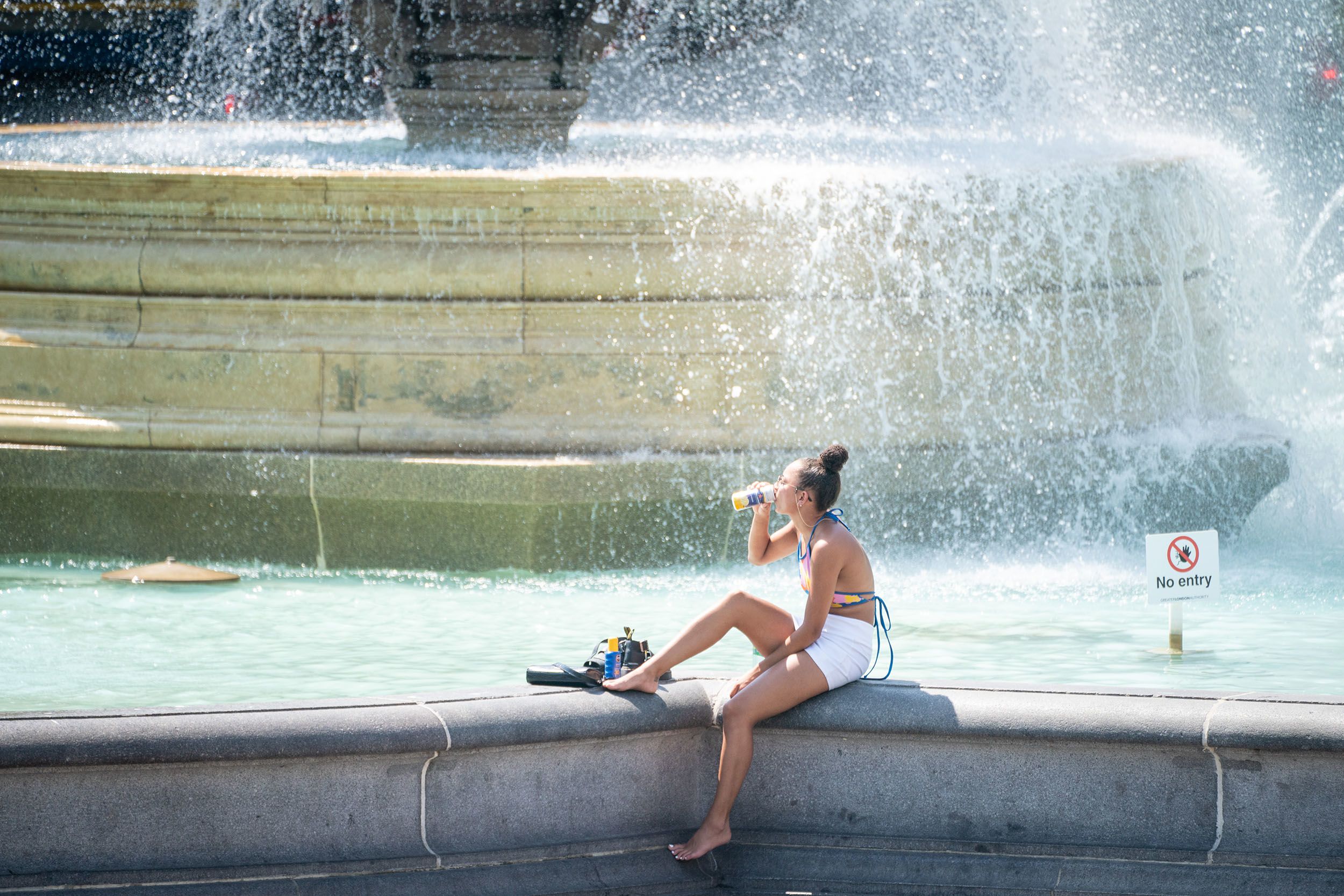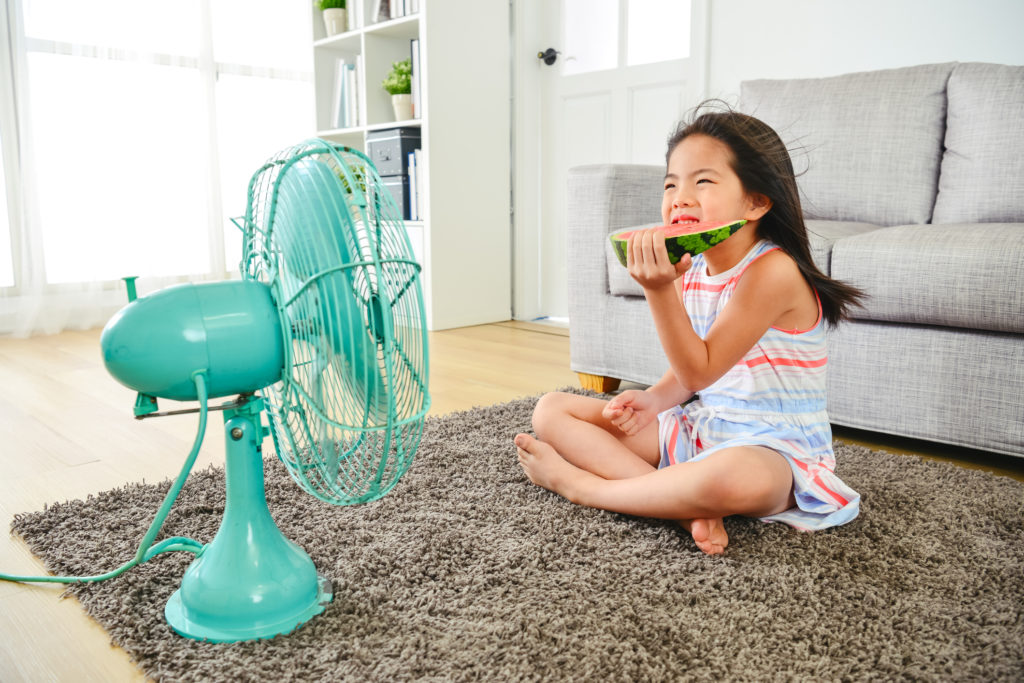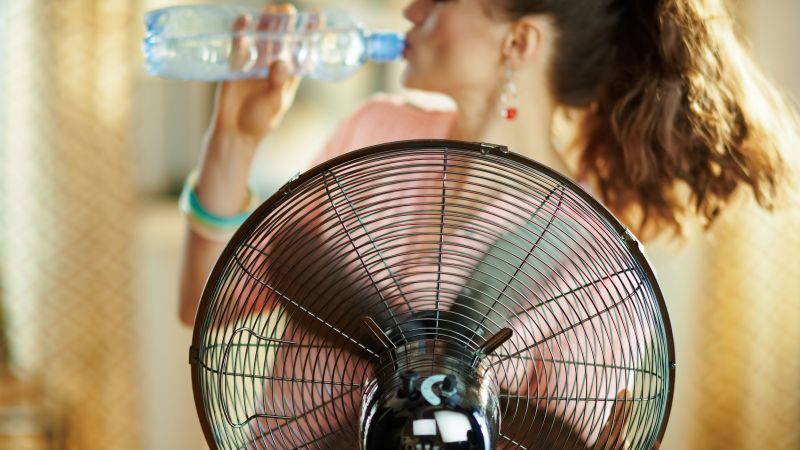In traditionally cool coastal cities like San Francisco, Portland, and Seattle, air conditioning is still uncommon. Only 45% of San Francisco homes and 53% of Seattle homes have air conditioning. Mild climates make this possible, but when temperatures spike, residents often resort to old-fashioned strategies to stay cool. These methods can be helpful for people across the nation living without air conditioning, those temporarily without power, or those trying to reduce their energy consumption.

Understanding the Seriousness of Heat
Experts emphasize the importance of taking heat seriously, as it can be a matter of life or death. High temperatures, especially those above 90 degrees, or prolonged periods of temperatures above 80 degrees with high humidity, can be dangerous. “The stresses on your organs to keep you alive when it’s really hot are intense. When temperatures drop at night, your body has a chance to recover,” said Bharat Venkat, director of the UCLA Heat Lab. “When you don’t get that, it’s pretty serious.”
Dehydration can also severely impact health during hot weather. Alexandra Heaney, a climate and health epidemiologist at the University of California, San Diego, noted that both mortality rates and hospitalizations spike during heat waves. It is crucial to visit cool places like libraries or adult day centers and to stay hydrated. Check on older friends and relatives to ensure they are staying cool and drinking enough water.
Practical Tips for Staying Cool
- Close Window Shades and Curtains During the Day: Keep out as much heat as possible by closing blinds and curtains, especially on south-facing windows. Medium-colored drapes with white plastic backings can reduce a room’s heat gain by 33%.
- Open Windows at Night: In dry heat areas, open windows when temperatures fall at night, using screens to keep bugs out. Ceiling or other fans can help circulate the cooler night air.
- Use Ceiling Fans: “Fans use very little energy,” said Jennifer Amann of the American Council for an Energy-Efficient Economy. They can create a wind chill effect, allowing you to set the air conditioning a degree or two higher. Remember, fans are cool people, not rooms.
- Keep Interior Doors Open at Night: This helps equalize the air temperature throughout the home. This is effective if you’re not using air conditioning in your bedroom. If you have room-specific air conditioning, close the bedroom door and let the rest of the house cool naturally overnight.
- Sleep in the Basement: In regions with low air conditioning rates, some people move their bedding to cooler basements or underground areas during heat waves.
- Run the Bathroom Exhaust Fan: After showering, run the bathroom exhaust fan longer than usual to remove hot, humid air.
- Dry Laundry Inside: Hang damp clothes on a drying rack indoors to cool the room through evaporative cooling. If the clothes feel stiff, fluff them in the dryer in an unheated setting.
- Spritz Away: Lightly mist your sheets with cold water before bed for a cool sleeping environment. This can also be done to people if they don’t object.

Implementing these strategies can help people stay cool and safe during heat waves, even without air conditioning.
